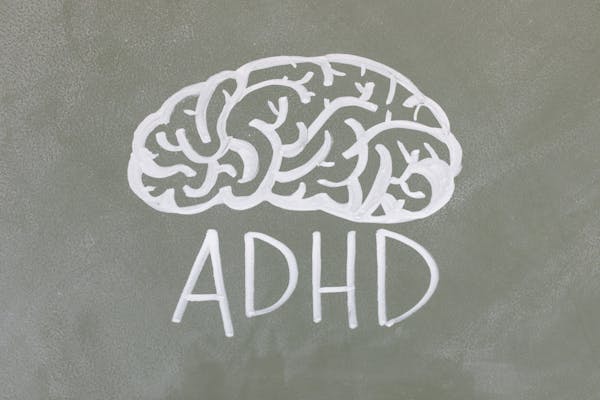Living with ADHD can sometimes feel overwhelming, but the right tools and strategies can make a world of difference. Finding effective ways to stay organised, manage time, and support focus is essential for building confidence and achieving goals. Here, we explore a variety of ADHD-friendly tools and techniques that can help you take control and thrive.
Understanding the importance of ADHD tools
ADHD affects how the brain processes information, regulates attention, and manages impulses. As a result, everyday tasks that seem simple for others can feel challenging. Tools that help structure the day, break tasks into manageable steps, and encourage consistency are particularly beneficial for people with ADHD. The right support can improve productivity, reduce anxiety, and make life feel more manageable.
Types of tools that can help
Every individual with ADHD is different, so it is important to find tools that suit your personal needs. Here are some categories to explore:
Time management aids
People with ADHD often struggle with time blindness, meaning they may find it hard to estimate how long tasks will take or manage deadlines. Tools that improve time awareness can be transformative.
- Visual timers: Large countdown clocks or digital apps that show time passing can help make deadlines feel more real.
- Task-based planners: Rather than setting vague time slots, planners that focus on completing specific tasks can be more effective.
- Reminders and alarms: Setting multiple alerts throughout the day can help break down routines and ensure key tasks are not forgotten.
Organisational systems
Organisation is one of the most common challenges faced by individuals with ADHD. A cluttered environment often leads to a cluttered mind, so supportive systems are crucial.
- Bullet journals: This flexible method of note-taking and task management can be adapted to suit the way your mind works.
- Colour-coding: Using coloured labels, folders, or pens to categorise information makes it visually easier to process.
- Checklists: Simple, straightforward checklists provide a clear overview of what needs to be done and the satisfaction of ticking tasks off.
Focus and attention tools
Maintaining attention can be difficult for those with ADHD, especially when faced with boring or repetitive tasks. Focus tools help create the right environment for concentration.
- Noise-cancelling headphones: Blocking out background noise can make it easier to stay present and avoid distractions.
- Fidget tools: Small, handheld gadgets like stress balls or fidget cubes can help satisfy the need for sensory stimulation without interrupting tasks.
- Pomodoro technique: Working in short bursts (for instance, working for 25 minutes and then taking a 5-minute break) might help avoid burnout and preserve productivity.
Building your personal toolkit
Choosing the right combination of tools often involves trial and error. What works brilliantly for one person may not suit another. It is important to remain patient and open-minded while you explore different methods. Here are some tips for building your ADHD toolkit:
- Start simple: Try one or two tools at a time to avoid feeling overwhelmed.
- Adapt based on your needs: If something is not working, adjust it rather than abandoning the idea altogether.
- Mix digital and physical aids: Some people prefer apps, while others find physical planners more helpful. Combining both often leads to the best results.
Additional strategies that can support ADHD management
In addition to tools, some lifestyle habits and strategies can make a big difference in managing ADHD symptoms.
- Mindfulness and meditation: Practising mindfulness can strengthen emotional regulation and improve attention over time.
- Physical exercise: Regular movement helps release excess energy, boost mood, and enhance focus.
- Healthy routines: Consistent sleep, nutrition, and hydration routines form the foundation for better brain function.
Seeking professional support
While self-help tools are powerful, professional support can offer a deeper level of assistance. ADHD coaches, therapists, and specialists can help tailor strategies to your unique needs, troubleshoot challenges, and provide encouragement when setbacks occur. Never hesitate to reach out for additional guidance when needed.
Moving forward with confidence
Managing ADHD is not about trying to become someone you are not. It is about understanding your brain, accepting your strengths and challenges, and using the right tools to create a life that works for you. With patience, creativity, and the right support, you can build systems that help you stay organised, focused, and proud of all you achieve.

